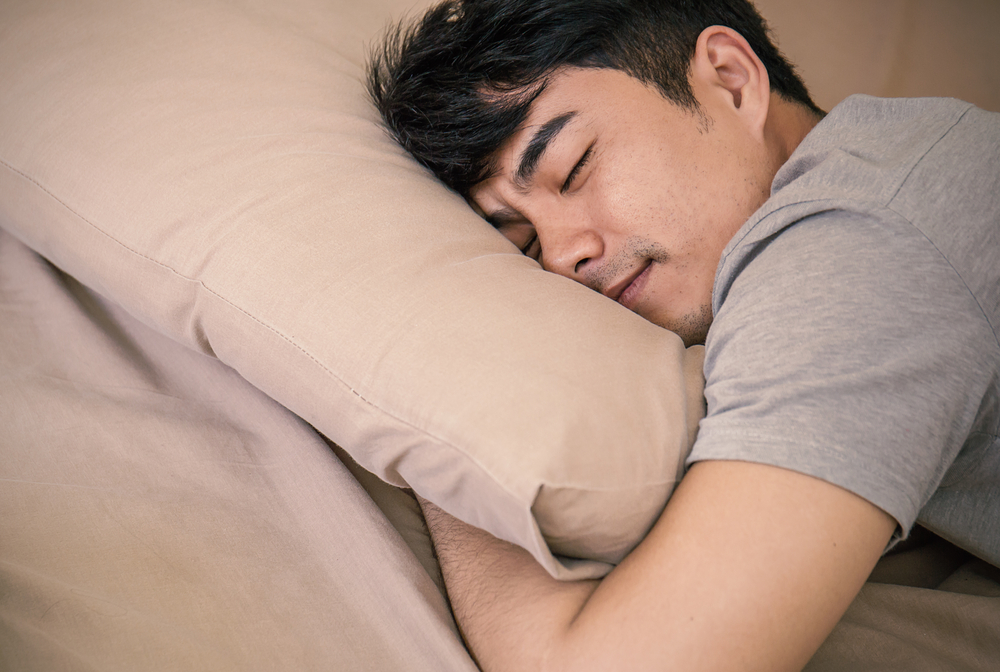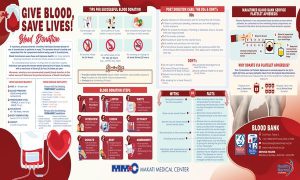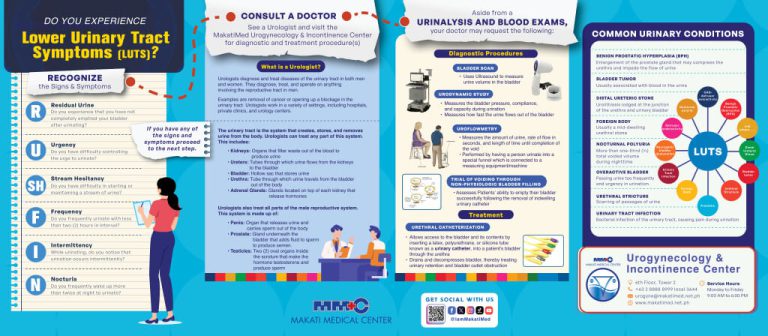Sleep plays a crucial part in maintaining one’s health and overall wellbeing. While you may be in an unconscious state, your mind and body remain active to help you recover and prepare for the next day. Having the right amount of sleep improves your brain function and lowers the risk of heart disease, stroke, and diabetes. With a healthy body and mindset, your emotional wellbeing is also uplifted.
Unfortunately, a lot of people have trouble sleeping. In a study made by The National Sleep Foundation, it is reported that 35% of adults were not satisfied with the quality of sleep they were getting and 25% claimed they do not feel refreshed when they wake up the next day. Another 67% of adults from another study claimed they typically wake up at least once during the night.
Generally, what we experience on a day to day basis is what affects the way we sleep the most. Illness, travel, food, and stress are just a few examples of temporary things that can affect our routine. While it is normal to occasionally experience difficulties in sleeping, regularly having trouble falling asleep may indicate that you’re suffering from a sleep disorder.
More than just your health, sleep disorders can affect the way you function daily. This can be consequential to how you maintain your relationships and how you perform at school or work.
Common Sleep Disorders
Always be informed. You never know when you or your loved ones may need it. Below is a list of common sleep disorders that you should be on the lookout for.
- Sleep Inertia – Sleep inertia is the groggy feeling right after you wake up. Normally, this usually lasts around 15 minutes, but in some extreme cases, it can last for as long as four hours.
- Narcolepsy – Narcolepsy is caused by a dysfunction in the part of the brain that controls waking up and falling asleep. It is a disorder that has these four main symptoms; excessive and uncontrollable daytime sleepiness, cataplexy (conscious emotional breakdowns), sleep paralysis, and hallucinations.
- Insomnia – Insomnia is the most common sleep disorder wherein you experience an inability to fall asleep and stay asleep. While there may be different causes for it, insomnia can also be linked to other sleep and mood disorders.
- Hypersomnia – Hypersomnia is when one experiences excessive sleepiness. Like Narcolepsy, it is a condition where one is unable to stay awake during the day and can fall asleep at any time.
- Parasomnia – Parasomnia is when one engages in unusual behaviors while falling asleep. Sleep talking and sleepwalking are popular examples of this disorder.
- Snoring and Sleep Apnea – Snoring can seem harmless at first, but it may indicate that your throat is having difficulty remaining open while you’re sleeping. Its cousin Sleep Apnea is a more serious breathing disorder in which you stop breathing for a few seconds up to several minutes during sleep.
- Sleep Terrors – Sleep terrors are episodes of screaming and restlessness while asleep. Like parasomnia, sleep terrors are paired with actions such as sleepwalking. Episodes may last for a few seconds while some may last for a few minutes.
- Restless Leg Syndrome – Restless leg syndrome (aka RLS) is an irresistible urge to move your arms or legs at night. One may experience aches, crawling, and burning sensations that urge you to move.
- Sleep Paralysis – Sleep paralysis is the inability to move while you’re falling asleep. This could be very frightening because you are in a state of awareness and falling asleep. Some people who have experienced this have also reported seeing hallucinations.
How to Win the Fight Against Sleep Disorders
- Practice good sleeping habits – Discipline and consistency are the keys to success. Set a bedtime that is enough for you to get at least 7 hours of sleep by setting regular sleep and wake times.
- Avoid naps during the day – Naps can be good from time to time, but you should only take one if you really need it. Taking a nap in the afternoon can mess up your body clock and will make it difficult for you to fall asleep at night.
- Keep a sleep diary – Keeping a sleep diary can help you discover your sleep patterns. This will allow you to reassess yourself and your habits to point out necessary changes. Practically speaking, it can also tell you if you need to see a sleep doctor.
- Perform relaxation techniques – Meditation, listening to calm music, and reading before bed are common activities known to help you relax. People are relaxed by different things, so find activities that will help you improve your bedtime ritual.
- Exercise regularly – Exercising can help you expend energy, making it easier to fall asleep. Note that you should exercise at the right time because it can also pump up adrenaline into your system.
- Don’t look at screens when you’re about to sleep – While your bedroom maybe a cozy place to check your social media newsfeed, looking at screens can unconsciously make you feel more awake. Don’t go to bed with your phone, set it aside and don’t let anything distract you.
- Avoid any form of stimulants – When nighttime is approaching, it is best to avoid stimulants such as drinks with caffeine and cigarettes. While these can also affect your health in other ways, the nicotine and caffeine you ingest are meant to keep you awake.
Prioritize Sleep
Make sleep one of your top priorities. You can gain a lot of benefits when you get the right amount of sleep and there are many consequences if you don’t. While taking a power nap may help you regain some energy during the day, it still shouldn’t be seen as a solution for sleep deprivation or fatigue.
In the long run, chronic fatigue and continuous lack of sleep will eventually lead to sleeping disorders. Taking care of your health is the biggest investment you can make. Maintain good sleeping habits to enhance the quality of your life!
Do you have trouble sleeping? Our sleep specialists can help.
Contact MakatiMed On-Call at (632) 8888 999.











